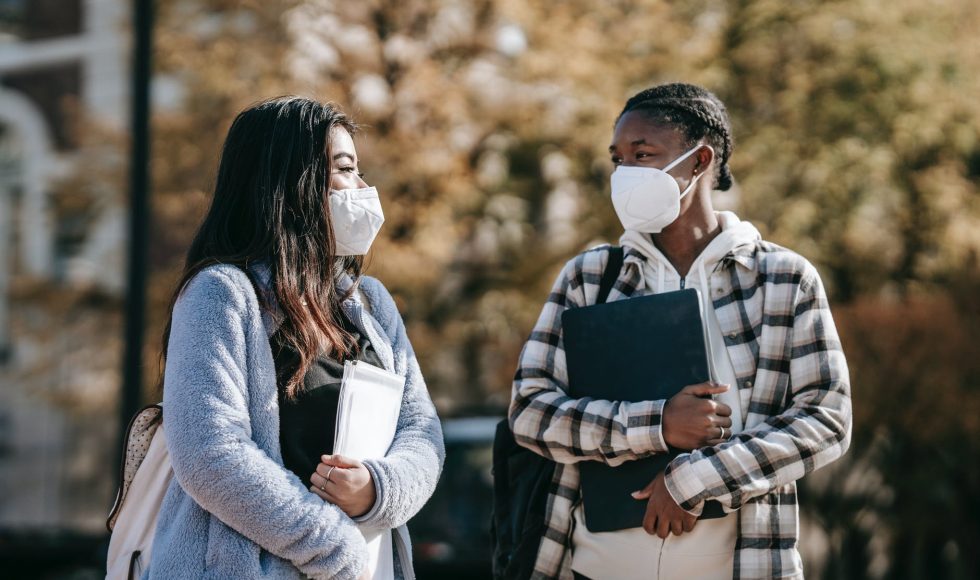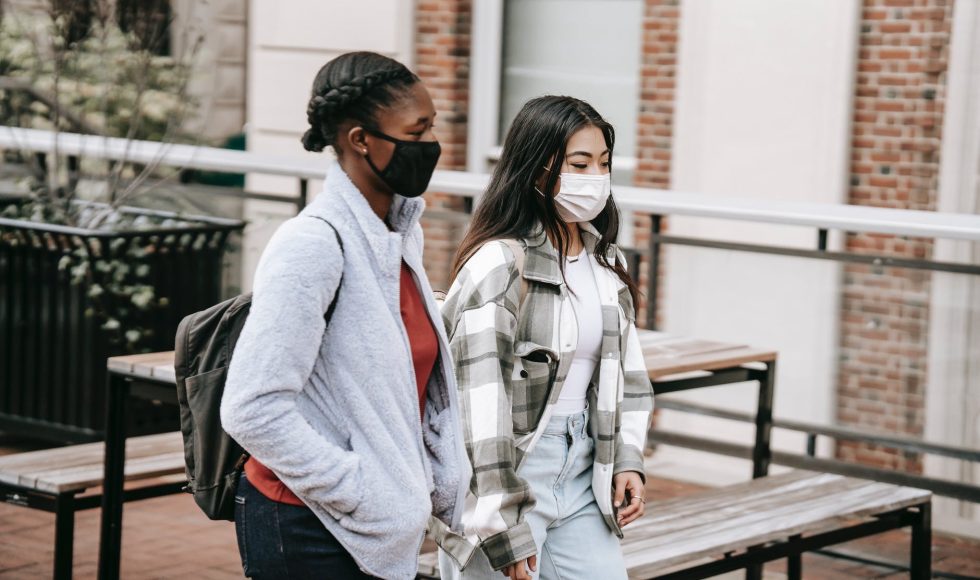Dr. Aaron Gierhart from Columbus State University presented at the 2020 Lilly Conference online on course design, theory, and course participation during the pandemic. Gierhart shared their career experiences and family life. Gierhart completed a doctoral dissertation in February 2020 on narrative studies of five elementary school teachers that integrated technology in different ways at […]
Dr. Stephanie Foote from the Gardner Institute presented a recorded session at the 2020 Lilly Conference online entitled: “Teaching for Inspiration: Approaches to Engaging Transfer Students in Gateway Course” based on an upcoming book. Foote was a transfer student and shared their experiences and national data. Transfer students are diverse: there are numerous reasons to […]
Dr. Travis Thurston from Utah State University has a neat system for discussion forums. I heard Thurston on a podcast and was happy to be able to see slides to help me understand the way #DigitalPoweups are implemented. Thurston presented at the 2020 Lilly Conference online. The recorded session was entitled “Empowering Students with Choice […]
Dr. Mary Ann V. Smith from Penn State described in a recorded 2020 Lilly Conference several course-based research experiences and the role of storytelling. Dr. Smith’s talk was entitled “Student Stories in Science: Alternative Methods for Student Experiential Learning” and used several examples from courses. The presentation itself used several icons and effective slide design. […]
Dr. Guillaume Jaubert from Vincennes University recorded a session for the 2020 Lilly Conference online that focused on how flipping works during a pandemic. Jaubert quoted Peter Lenn’s definition of flipping: “learner doing homework in c oh ass with help” that I had not heard! I like the simplicity and the inclusion of with help […]
Spring break 2020 will be remembered in higher education for an abrupt transition to emergency online instruction. Most of us had to make changes to our course structure and delivery that impacted the student learning experience. While there have been numerous presentations about what instructors did and learned, I’ve heard of few surveys of student […]
John Gordon, Associate Director, DELTA at NC State talked to me last summer about starting a podcast on podcasting. The Podcast On Podcasting (POP) is a project that focuses on the use of podcasting in unique ways. The series has three episodes: faculty podcasts, student-produced podcasts, and a weekly career development podcast by Marcy Bullock’s […]
Dr. Travis Flohr from Penn State University presented a recorded session for the 2020 Lilly Conference online entitled “The Virtual Studio: An Emerging Tacit Learning Management System Framework” describing a visually stunning new virtual course environment. Flohr and colleagues re-envisioned and designed a virtual environment for their architecture/landscaping design courses that provided the interactions and […]
Drs. Laura Cruz, Joan Middendorf, and Karen Bellnier presented a 2020 Lilly Conference online recorded session focusing on difficulties and opportunities in online courses framed using research. Where do students get stuck in their learning in courses you teach? Is it analyzing research articles? How is it different when teaching online… or right now during […]
I heard Kevin Gannon on the Tea for Teaching podcast (episode 174) discussing with the hosts HyFlex teaching on their campus in the fall. Gannon offered an honest summary of challenges with student engagement and attendance in online and in person courses in the fall at their institution. I appreciate how Gannon explained some of […]











